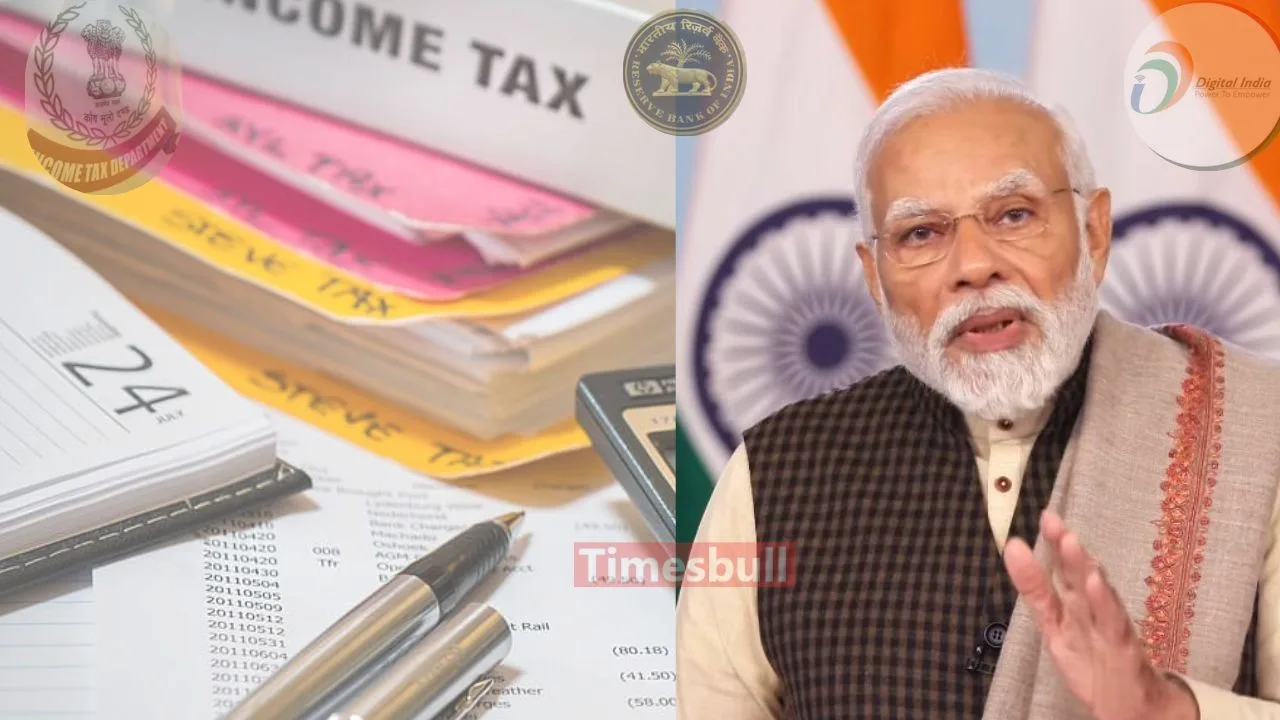Is there excess cash deposited in your savings account? If you don’t address this, you could find yourself in a big problem. If more than ₹10 lakh in cash is deposited in your savings account within a year, you will face legal trouble. You will receive a notice from the Income Tax Department, and a series of questions will follow, with proof required for every answer you provide. Throughout this article, we will share all the details regarding this matter.
Legal Consequences if Proof Is Not Provided
If you’re unable to provide proof or get confused while answering questions, the legal pressure will increase. Your bank accounts could be frozen, and you may even face jail time. Therefore, it’s crucial to keep proof of every cash deposit in your account.
Essential Proof for Cash Deposits
You need to clarify who deposited the cash, why it was deposited, and whether it’s for business transactions, a service provided by you, loan repayment, a personal function donation, or a gift. All these questions should have clear answers backed by solid evidence. Additionally, you must provide proof that any cash deposited has been, or will be, included in your income tax return. If not, you’ll need to prove that the deposited amount isn’t taxable income.
Trouble Awaits if Over Rs 2 Lakh Is Deposited in a Single Transaction
It’s not just the total cash deposited exceeding Rs 10 lakh in a year that raises a red flag with the Income Tax Department. If more than Rs 2 lakh is deposited by a single person in your account on a single day, you could face similar scrutiny. You will be required to answer the same questions as you would if the total exceeds Rs 10 lakh for the year, and a notice will be issued to you by the Income Tax Department.
